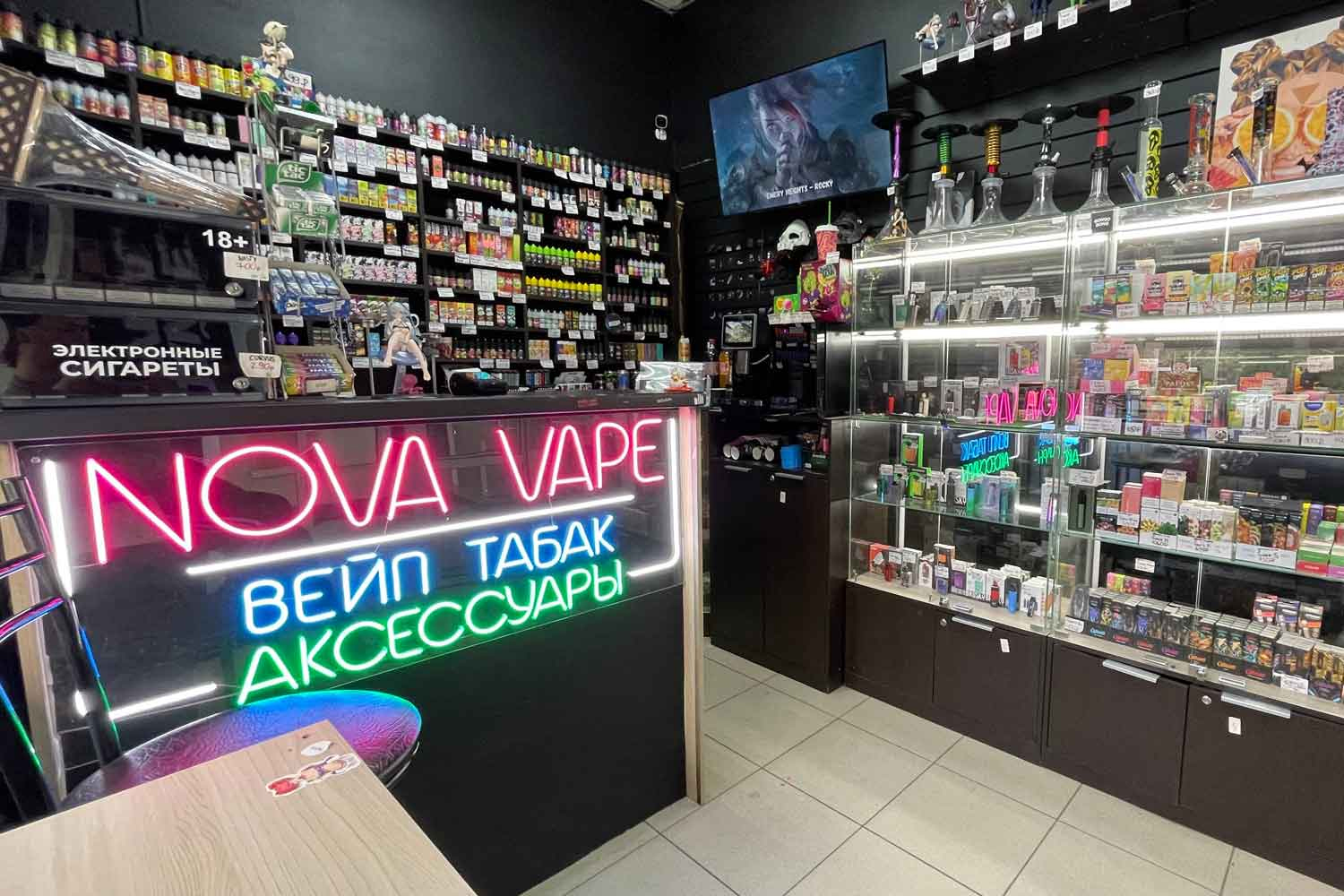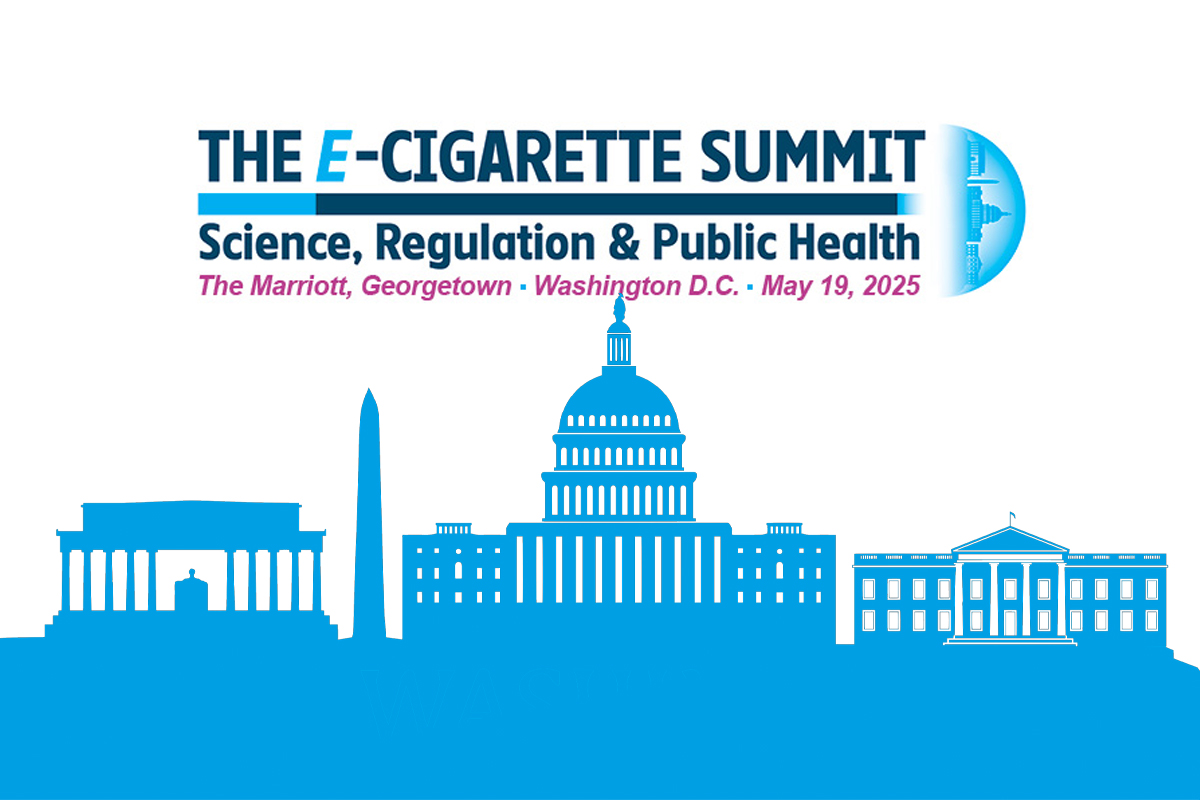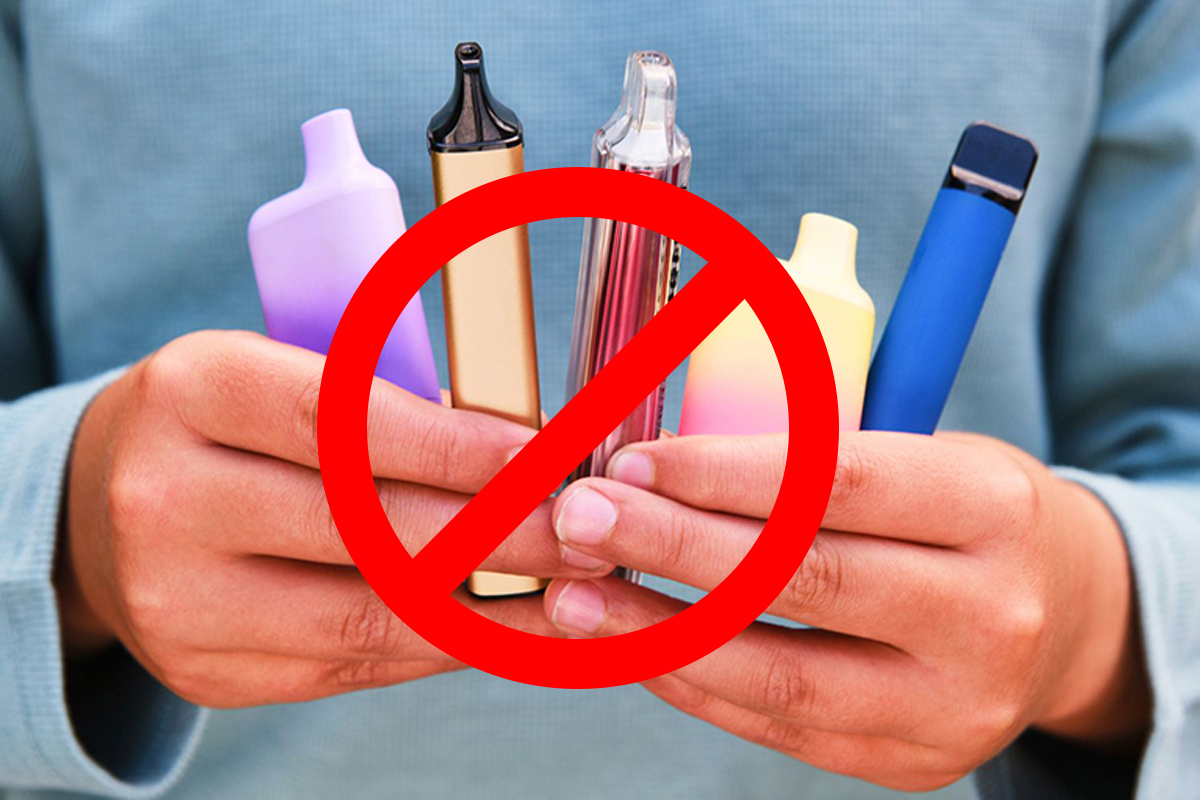The Thai Customs Department’s recent seizure of over 12.56 million baht (roughly US$380,000) in illegal e-cigarettes and related products marks a significant—and symbolic—moment in the region’s battle against the grey market of vaping. While some may applaud this as a victory for public health or law enforcement, it actually reveals something deeper: a policy vacuum that continues to drive demand underground rather than address the core of the issue.
Let’s get one thing straight—no one is defending smugglers. But when millions of baht in product flow through informal channels across multiple border checkpoints and warehouses, the question isn’t just who is breaking the law, but why the law is driving people to break it.
A Black Market Fueled by a Ban
Thailand maintains one of the strictest anti-vape laws in Southeast Asia, with importation, sale, and even possession of e-cigarettes being criminalized. But the latest data from the Thai Customs Office tells a different story: from October 2024 to May 2025, over 1 million e-cigarette devices and accessories were confiscated, despite the ban.
If prohibition were working, these numbers wouldn’t exist.
The reality is that Thailand’s stance on vaping has created a massive black market. Ordinary citizens, seeking less harmful alternatives to combustible tobacco, are left with no legal or regulated options. So they turn to Facebook sellers, border smugglers, and under-the-counter retailers who profit in the shadows, untaxed and unregulated.
The Health Irony
Let’s talk about the elephant in the room: public health.
Thailand’s policy was initially framed around protecting young people and preventing nicotine addiction. However, the unintended consequence has been the exact opposite. The absence of regulation doesn’t eliminate access—it eliminates safe access. Users get low-quality, untested, and possibly dangerous devices. Worst of all, there’s no consumer education, product recall, or safety enforcement. The system fails both smokers trying to quit and non-smokers at risk of harm.
Compare this with the United Kingdom, where vaping is embraced as a smoking cessation tool. Or New Zealand, which pairs vaping legalization with youth-focused campaigns and flavor restrictions. Their youth smoking rates have plummeted, while adult smokers have healthier alternatives.
Enforcement Without Reform Is Just a Cycle
What we’re witnessing in Thailand is an endless loop: border seizures → black market innovation → new smuggling routes → more seizures. Rinse and repeat. This isn’t sustainable. It burns enforcement resources, criminalizes users, and enriches underground networks.
More than that, it fails to acknowledge the growing global trend: countries like Canada, South Korea, and even some parts of the U.S. are shifting from prohibition to regulation, not because vaping is harmless, but because it’s the lesser evil compared to smoking.
Solutions: It’s Time to Talk Policy, Not Just Policing
- Legalization and Regulation: Thailand should explore legal frameworks to allow the import and sale of e-cigarettes under strict quality control and licensing. This would shrink the black market and allow government tax revenue to fund anti-smoking initiatives.
- Age and Access Controls: Legal doesn’t mean free-for-all. Restricting sales to adults, limiting flavors, and requiring plain packaging can reduce youth appeal while supporting adult smokers.
- Education over Enforcement: Health campaigns should focus on facts, not fear. Educate people about the risks of both smoking and vaping, and promote cessation tools based on science, not stigma.
- Regional Cooperation: Neighboring countries with looser rules have become supply routes. ASEAN could benefit from a unified policy or regulatory dialogue to reduce smuggling incentives and standardize safety.
Final Thought: The Fire Will Keep Burning Until the Fuel Is Gone
Thailand’s customs crackdown may look like a victory on paper, but it’s a bandage on a policy wound. Until the government faces the deeper demand for harm reduction tools, raids and seizures will keep filling the headlines—but never solve the problem.
Because at the end of the day, people will always seek what they need. The question is whether they find it in the light of regulation, or in the shadows of a failed ban.







